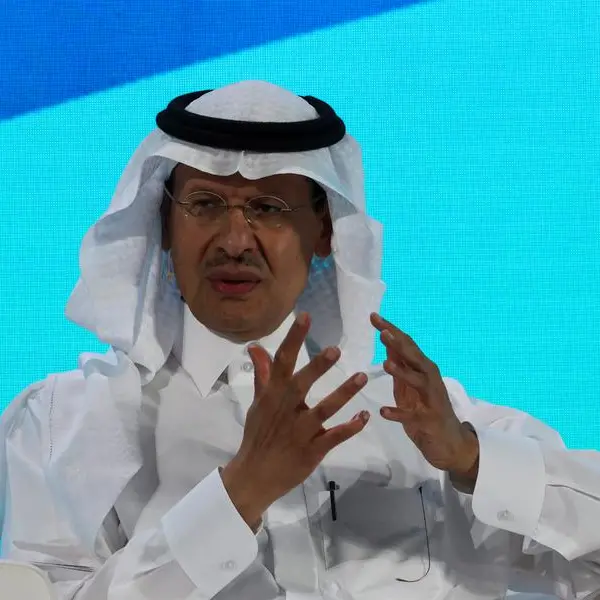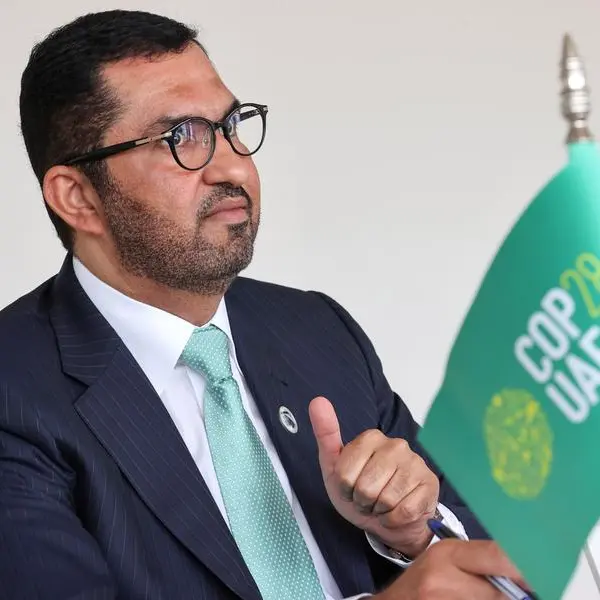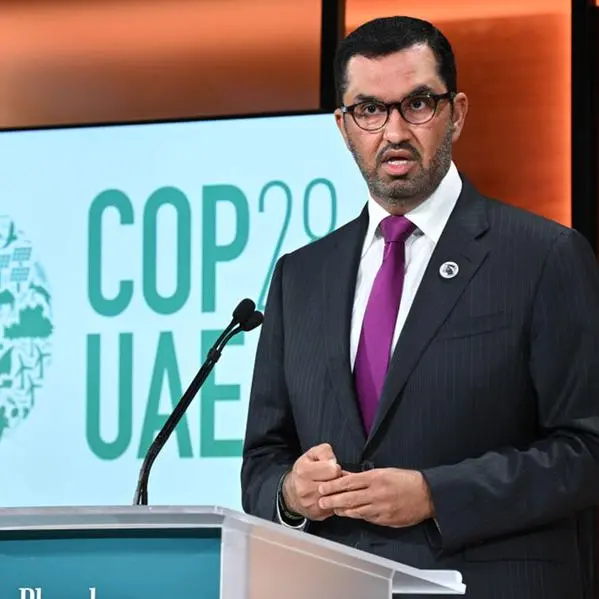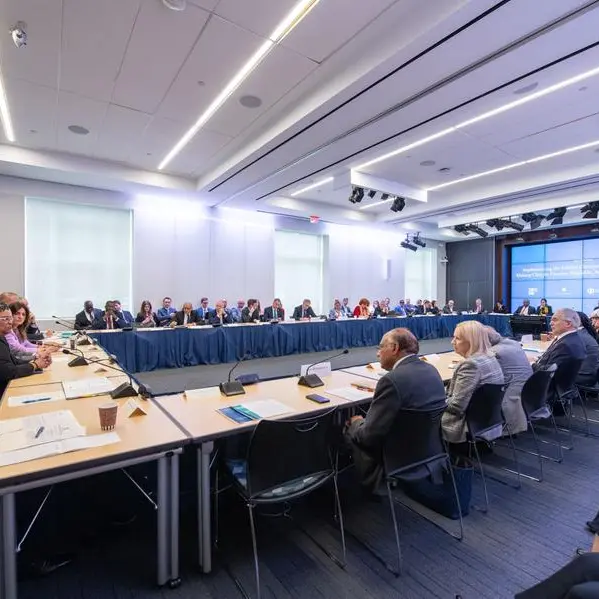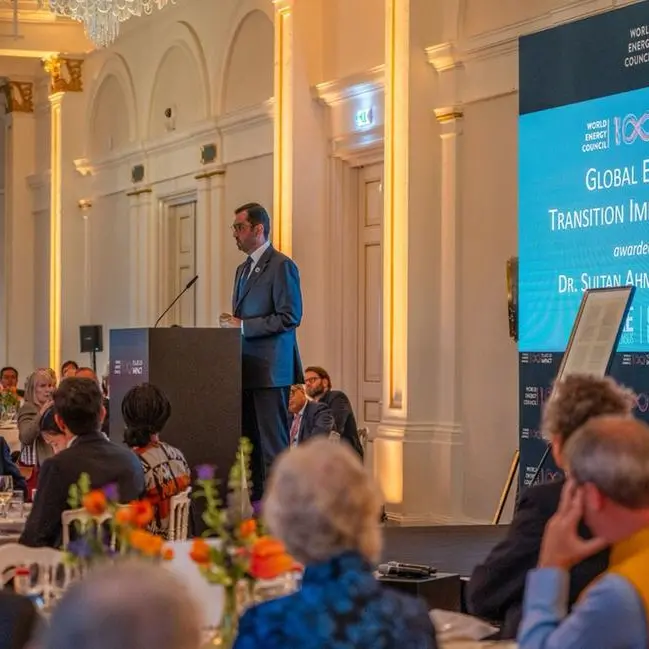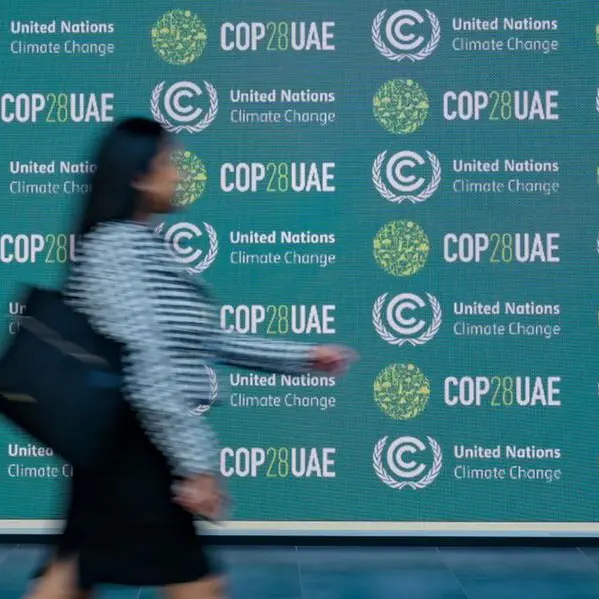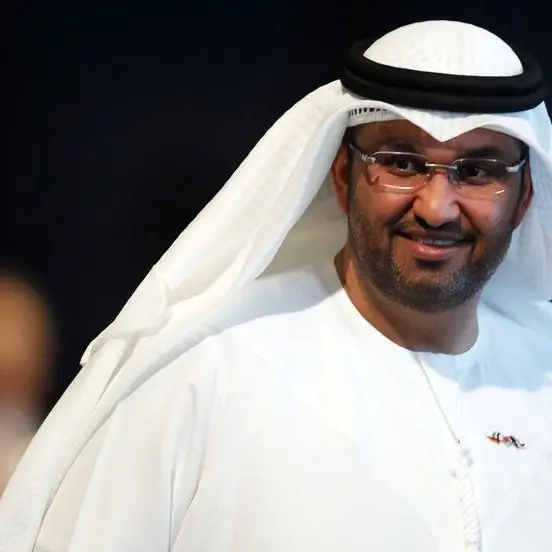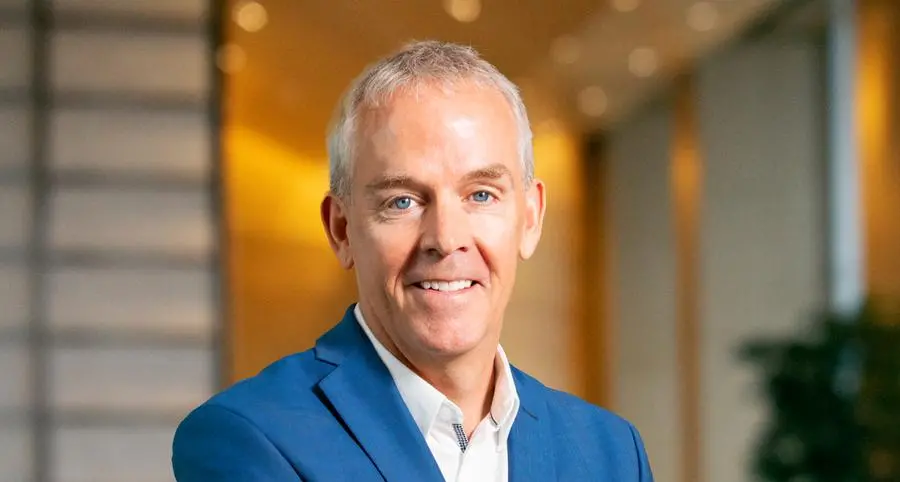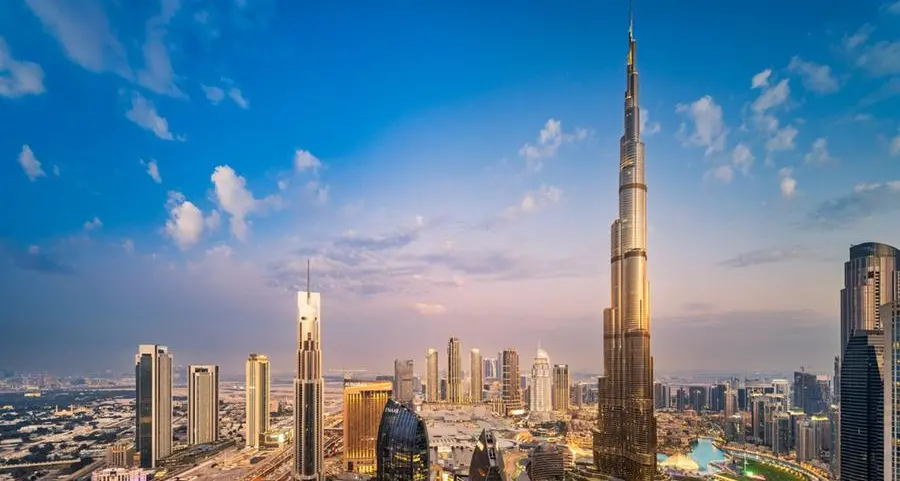PHOTO
*
*
Adaptation funding for poor nations falling far short
*
Global adaptation goal to steer national plans, investment
DUBAI (Thomson Reuters Foundation): Sierra Leone student Henry David Bayoh is under no illusions about the challenges his West African nation faces from climate change, from vulnerable farmers struggling to grow crops in higher heat to city neighbourhoods hit by fatal landslides.
In the capital Freetown, where Bayoh lives in a low-lying community called Aberdeen near the ocean, sea levels are rising, beaches are being eroded and flash floods hit when it rains heavily.
Faced with such threats, people need help to become more resilient and to protect their incomes, he said at the COP28 U.N. climate summit in Dubai this weekend.
He called for more funding for community efforts to adapt to a warmer world - including the nature-friendly farming methods he promotes in his work with Irish aid agency Trocaire.
"Climate change is existential. It is affecting our very survival," Bayoh told Context during a march for climate justice. "Adaptation is a key priority for us and it should be top of the agenda."
At COP28, governments and activists from vulnerable countries across the Global South are making similar pleas to negotiators hammering out what a global goal on adaptation - enshrined in the 2015 Paris Agreement - should look like in practice, and how it can be funded and its progress measured.
On Saturday, Collins Nzovu, Zambia's green economy and environment minister, told journalists adaptation is "a matter of survival for us in Africa" to curb the damage to lives and livelihoods from more extreme weather fuelled by climate change.
"We are in an adaptation emergency," said Nzovu, speaking for the Africa group of countries at the talks.
He said African nations have yet to receive the support they need to respond and called for "new, additional and predictable finance" for that purpose.
MORE MONEY?
Talks in Dubai on the adaptation goal have snagged on disagreements over finance, with developing nations calling on rich countries to show how they will meet a vague commitment, made two years ago, to at least double finance for adaptation by 2025, from 2019 levels of around $20 billion.
According to the latest data from the Organisation for Economic Co-operation and Development, adaptation finance in 2021 was just under $25 billion, a 14% decrease from the previous year.
At COP28, rich countries have offered about $170 million in contributions to the U.N.'s Adaptation Fund. That is only a little over half of the fund's $300-million goal this year for projects such as flood defences and early-warning systems.
In November, the U.N. Environment Programme said annual adaptation costs in developing countries are expected to hit $215 billion to $387 billion each year from now until 2030 - 10 to 18 times more than actual finance levels, with the gap growing. That shortfall in adaptation cash is likely to lead to rising demand for disaster aid or for cash from a new "loss and damage" fund set in motion at COP28, experts warned.
"We are likely to get on a path where we will find ourselves in a humanitarian crisis because our adaptation funding is not matching the (impacts from) rising emissions," said Mohamed Adow, director of Kenya-based think-tank Power Shift Africa.
He and other observers at the talks said donor countries, including the United States, Britain and the European Union, had obstructed efforts to get more ambitious language on adaptation finance into the "play-book" for the global goal on adaptation.
WATER, FOOD AND HEALTH
Development experts in Dubai, however, did welcome a set of targets in the text to build resilience by 2030 in a range of areas, including water supplies, agriculture, health, ecosystems, infrastructure, urban areas and cultural heritage.
Claire Seaward, global campaigns director for WaterAid, noted that access to clean water and sanitation services "is a first line of defence that builds communities' resilience to better face the climate crisis".
But within the targets, "we need quicker time-frames, stronger targets for achieving progress, and real accountability for meeting the financing target of at least doubling of public finance by 2025", she said in comments to Context.
Cassie Flynn, global director of climate change at the United Nations Development Programme (UNDP), which has the largest portfolio of adaptation projects among U.N. agencies, said investing in adaptation is "just the smart choice to make".
Figures from a 2020 UNDP paper put the economic costs due to climate change of urban flooding at $1 trillion a year, while adaptation costs to deal with this and other problems were estimated at $80 billion-$100 billion per year, she noted.
The need to adapt to climate change is no longer just a matter for vulnerable developing countries but for all parts of the world, she said, noting that North America has been hit hard by wildfires and Germany has suffered huge losses from floods in recent years.
Agreement in Dubai on a framework for the global goal on adaptation would help governments think more ambitiously and offer new opportunities for finance in climate action plans, she said, calling it "an immense opportunity we shouldn't squander".
"We have entered a new era. Adaptation isn't a choice - it is necessary to keep people safe," Flynn said in an interview.
"No matter what country you are in, no matter what size economy you are, no matter what the world looks like from your vantage point, adaptation is for everyone."
(Reporting by Megan Rowling @meganrowling; editing by Laurie Goering. The Thomson Reuters Foundation is the charitable arm of Thomson Reuters. Visit https://www.context.news/)

